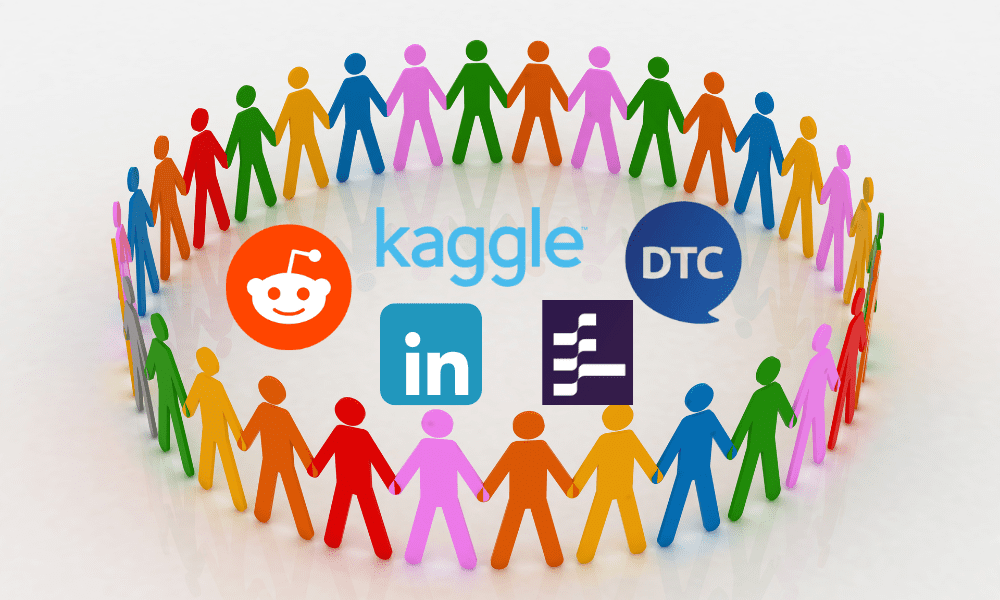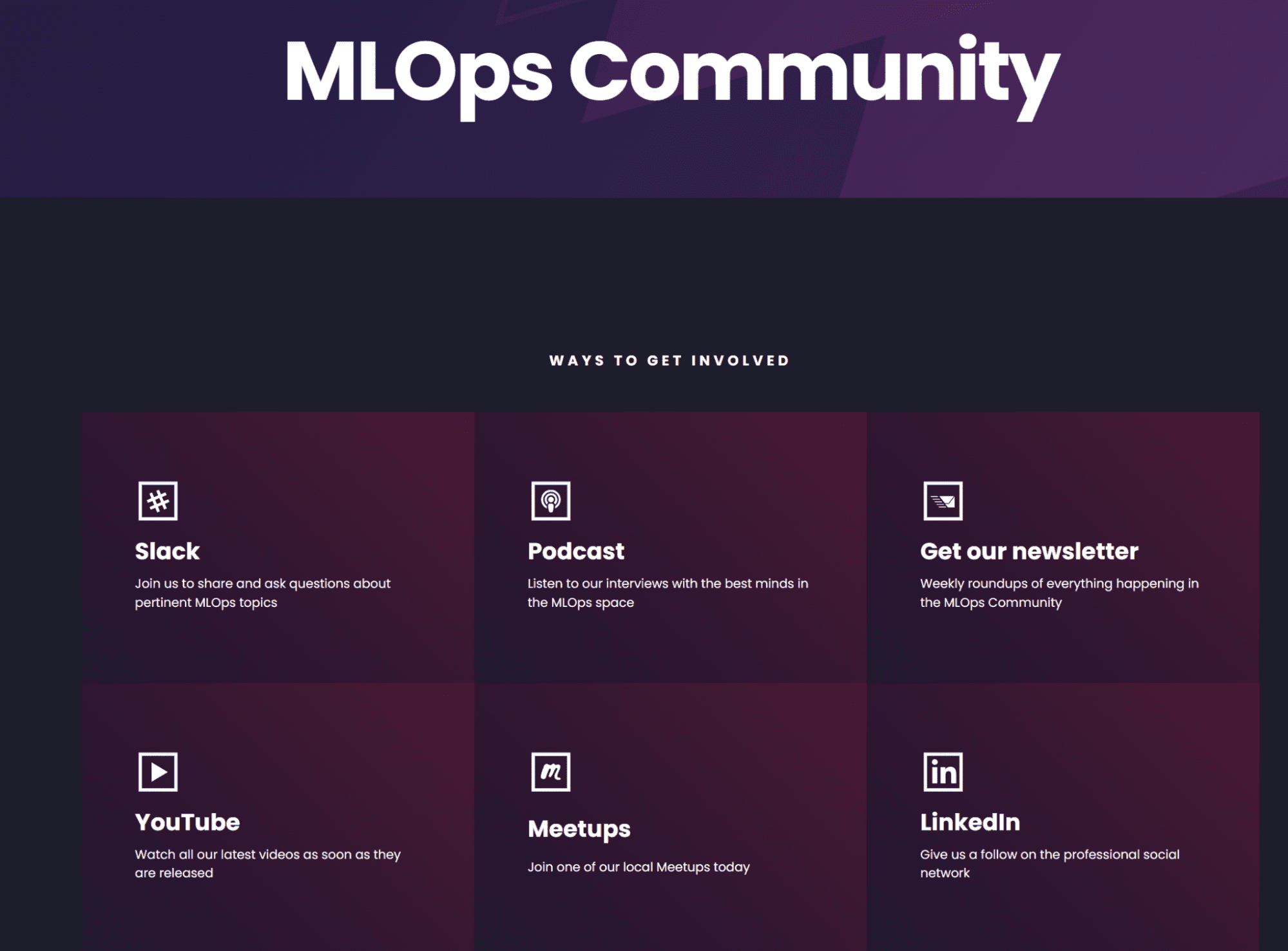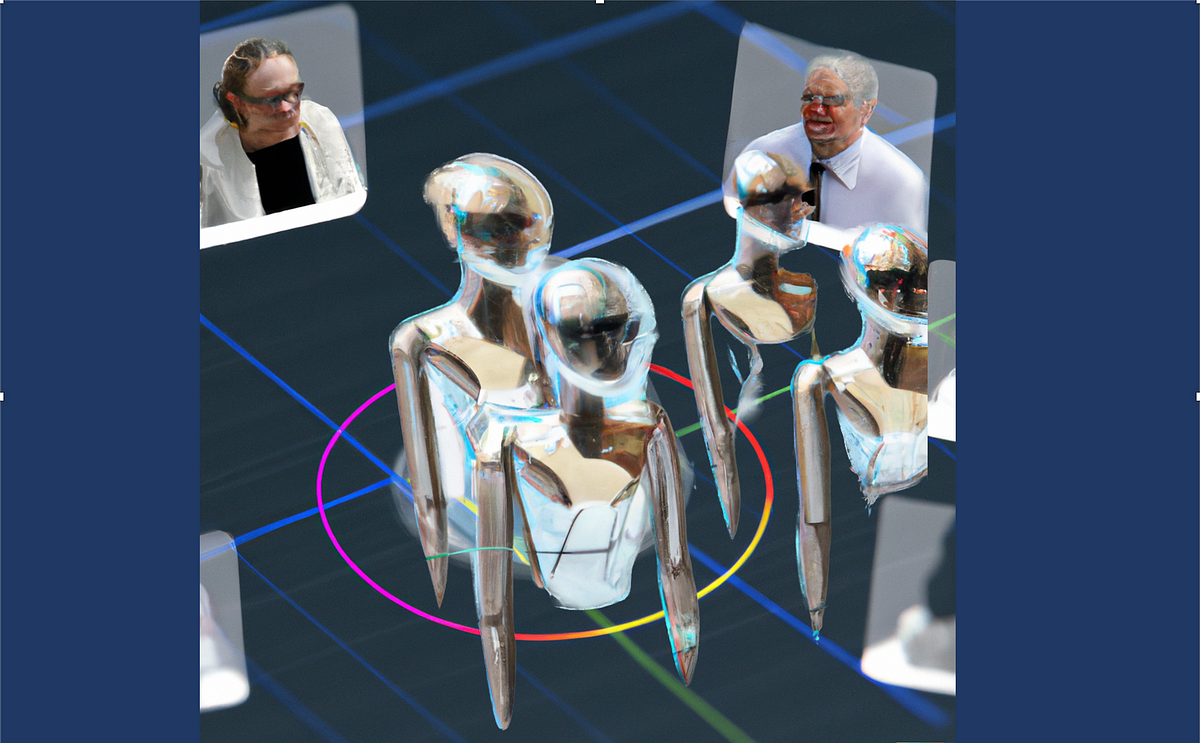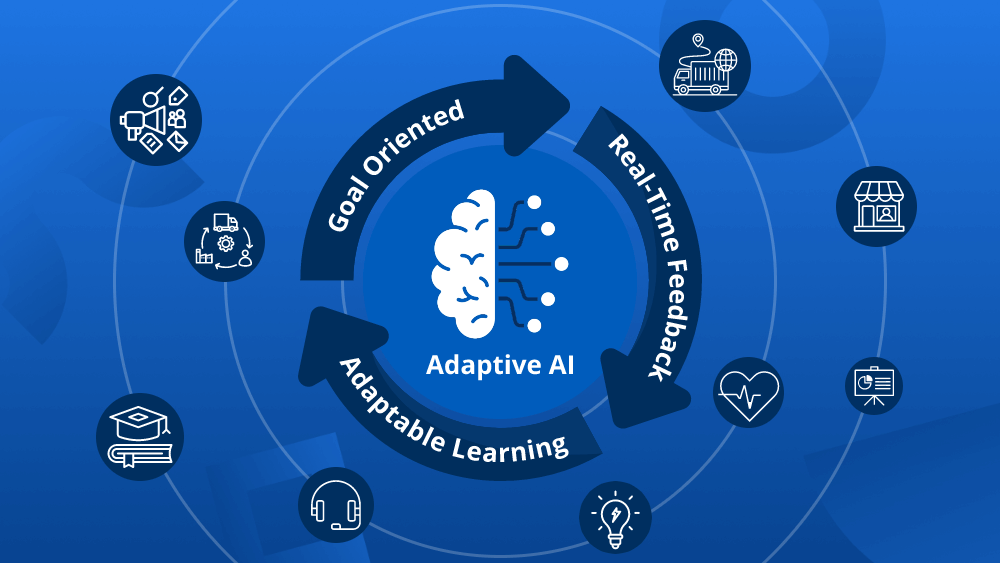
Image by Editor
There seem a new Data Science breakthroughs every day, and it feels important for our career. With so many things happening, it’s pretty clear we need to be on top of our games every day, yet it’s hard to do that.
Sure, We can learn all these skills ourselves. but it’s hard to understand everything that comes out and what to focus on. This is where communities shine, helping us be informed of new knowledge necessary to our careers.
Many smaller and bigger data science communities could help improve our careers. But, if you only have time to spend in five different communities, these are the ones you should focus on.
Let’s get started.
Let’s start with the one that seems casual, which is Reddit.
Yes, Reddit is a social network forum famous for memes and random discussions about life. However, it is still a social media platform with a bulletin board structure that leads to many casual discussions. One of them is for data science.
Reddit is actually bustling with activities for any data science enthusiast and professional alike. What’s important is to find the specific communities within Reddit that could facilitate our learning.
For that, I recommend joining the r/datascience community, which boasts 1.4 million members and has new daily discussions. Almost every day, there would be a discussion regarding the data science topics. From casual questions to advanced career moves, the community is lively to have discussions with everyone.
Additionally, r/machinelearning is a great community to join if you want to discuss machine learning specific topics with over 2.9 million other members.
The next community you should join is Kaggle.
I am sure many of you who have started learning data science have heard about it. But, if you have never heard about Kaggle, it’s a platform to share and publish datasets, explore and build machine learning models with the notebook, and share all our data works. It’s also the hub for data science competition, as many companies hold online competitions on this platform.
Kaggle’s premise is to share our data science works with the public, so it has become a central place for many data people to communicate. I have already gotten so much help from the community there for my personal and professional work that I feel it’s one of the best communities out there.
It’s because many helpful information and breakthroughs are implemented there, which is a great way to learn new skills for advancing your career. Moreover, many professionals and experts contribute a lot to the community for free.
The Kaggle community is open to any level of your data career. Whether you are a beginner professional or a competition champion, the Kaggle community is there to help you.
For some people, LinkedIn is the place for looking for a new job or a learning platform. However, it’s still social media as a core.
LinkedIn allows its users to create community groups where like-minded people can post and share their thoughts. One of the biggest LinkedIn Data Science community groups is the Data Science Community (moderated) by Robbert van Vlijmen, which has more than 500.000 members.
The members often share useful learning material and provide a place where you can ask any questions, regardless of your professional level. So, don’t feel pressured if you think the discussion seems too hard to follow.
Another LinkedIn group I recommended joining is the KDnuggets Data Science & Machine Learning (Moderated). With more than 150.000 members inside, there is a daily post from the members that would help you learn, including the newest article from KDNuggets, which you can discuss inside.

KDNuggets LinkedIn group community (Image by Author)
Several other communities with a lot of members that still related to data science, including:
The DataTalks.Club is a community for data enthusiasts by Alexey Grigorev.
It’s a community designed to discuss any data topic, from data analytics, machine learning, and data engineering to data science. Whatever data questions you have, the community is ready to answer them.
However, the best part about this community is that you can discuss any career-related issues, such as deciding your next step or what to learn. If you want to engage with the community, joining the DataTalks Slack channel is an excellent way to discuss further.
The community also has an abundant event that you can join. You can join the community learning free from minor one-time events to free boot camps. These free boot camps are certainly famous as they give you free, company-level skills that you might need to pay a lot of money for elsewhere.
Additionally, there are podcasts and book discussions from which you can learn from. The point is that this community is actively trying to make you a better person in your data career.
The last community I recommend to advance your career is the MLOps Community.

MLOps community (Image by Author)
So, hear me out. The community may not necessarily be specific to data science, as MLOps is part of the data science. However, a successful data science project is where we could provide continuous value to the business, and MLOps provides that.
That’s why I recommend the MLOps community as a place that could help you in your future career. I state this as well because MLOps is becoming a skill that many data science jobs try to look for.
The community, especially the slack, is active with many conversations about MLOps and sometimes a general discussion. Nevertheless, I gained many insight there, and you should also be.
The Data Science community plays a significant role in advancing our careers. By interacting and learning from others, we can understand many new things we previously couldn’t achieve. There are many data science communities out there, but here are five communities you should join:
- Kaggle
- DataTalks
- MLOps Community
I hope it helps! Share your thoughts on the communities listed here, and add your comment below.
Cornellius Yudha Wijaya is a data science assistant manager and data writer. While working full-time at Allianz Indonesia, he loves to share Python and Data tips via social media and writing media.


